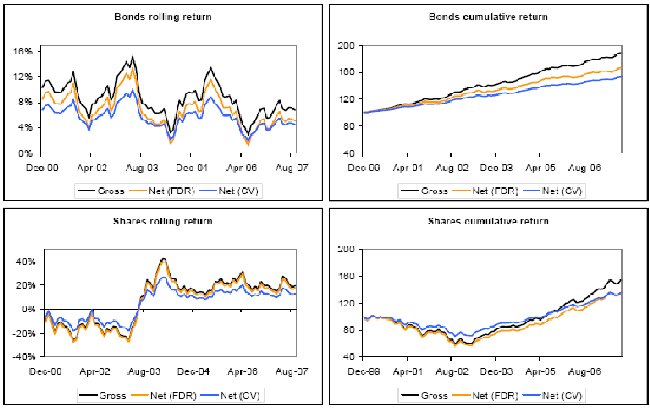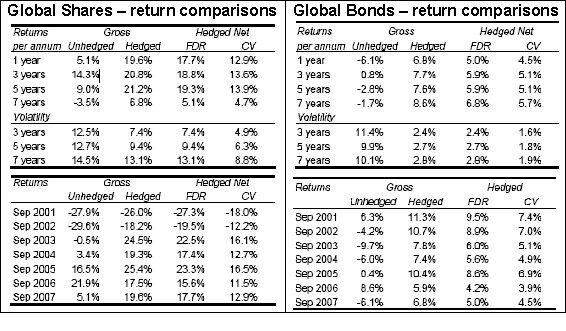What PIE means for New Zealand Investors
The PIE (Portfolio Investment Entities) tax changes came into effect on 1 October 2007 and relate to changes in the tax rates on investment returns from PIE compliant managed funds and the way this tax is paid by investors.
Friday, October 5th 2007, 8:17AM
The changes are intended to provide a fairer and more consistent environment for managed funds investors compared to investors in direct securities.Only certain New Zealand based managed funds are eligible to become PIEs. Some funds may not elect to become PIEs, and other funds that intend to become PIEs may not be PIE compliant by 1 October 2007. All KiwiSaver funds must be PIE compliant.
Prior to 1 October 2007, investors in unit trusts and superannuation schemes were taxed at a flat rate of 33%. From 1 October 2007, investors will be taxed on the returns from PIE investments at their elected individual PIE tax rate – known as the Prescribed Investor Rate (PIR).
If you're already invested in a managed fund that has become a PIE, it's likely that you will have received communications from the fund manager asking you to advise your current PIR and IRD number. It is important that you advise the fund manager of your correct details so that you do not pay more tax than you need to.
What does the PIR mean?
The PIR (Prescribed Investor Rate) for individual investors will either be 19.5% or 33%, depending
on each investor's level of income. However the 33% PIR will reduce to 30% from 1 April 2008.
If you do not advise the relevant fund manager of your PIR then you will pay PIE tax on the returns
from that fund at 33% (30% from 1 April 2008).

How is PIE tax paid?
The PIE fund you invest in will pay the PIE tax on your returns from your investment directly to the
Inland Revenue on your behalf. As a result, you will not need to declare the PIE income in your tax
return and at the end of the financial year, you'll receive a tax certificate with details of your PIE
income, the tax paid on your PIE investment and any tax credits that may apply.
How does it affect my family trust?
The trust can select a PIR of either 33% or 0%. If a PIR of 33% (reducing to 30% on 1 April 2008)
is elected, PIE tax will be deducted and the PIE income will not be required to be declared in the
trust's tax return.
If 0% is selected, the trust will be treated as a zero-rated portfolio investor and will be required to
complete a return and pay tax on all its PIE allocated income. This is a good option for trusts that
wish to allocate income to a beneficiary on a lower tax rate or if the trust has any deductible direct
expenses that can be used to reduce its tax liability.
What should you do next?
If you're currently invested in a managed fund:
- Check to make sure it is PIE compliant so you can take advantage of these tax rules
- Make sure that your fund manager, through your adviser, has your correct PIR
- Update your PIR if you have any changes in circumstance

If you're not currently invested in a managed fund but would like some further information, talk to your Trustees Executors adviser or contact us using the details below.
Snapshot of benefits:
- No capital gains tax on New Zealand and some Australasian listed shares which will be taxed on income only.
- The tax on your returns from PIE funds will be paid to Inland Revenue from your investment in the relevant PIE fund on your behalf by the fund manager.
- Generally there will be no need for individuals to complete a tax return for returns on an investment in a PIE, where the correct PIR PIE tax has been paid directly by the fund manager.
- From 1 October 2007, the PIE tax cap on PIE investment returns is 33%. From 1 April 2008, this will be reduced to 30%.
- PIE income is considered separate from other taxable income for the purposes of your tax return.
- PIE income will not impact on family assistance eligibility, student loan repayment obligations and child support payment obligations.
This article was supplied by Trustees Executors.
| « Market review: October 2007 commentary | ASSET - Advisers bite into PIEs » |
Special Offers
Commenting is closed
| Printable version | Email to a friend |









